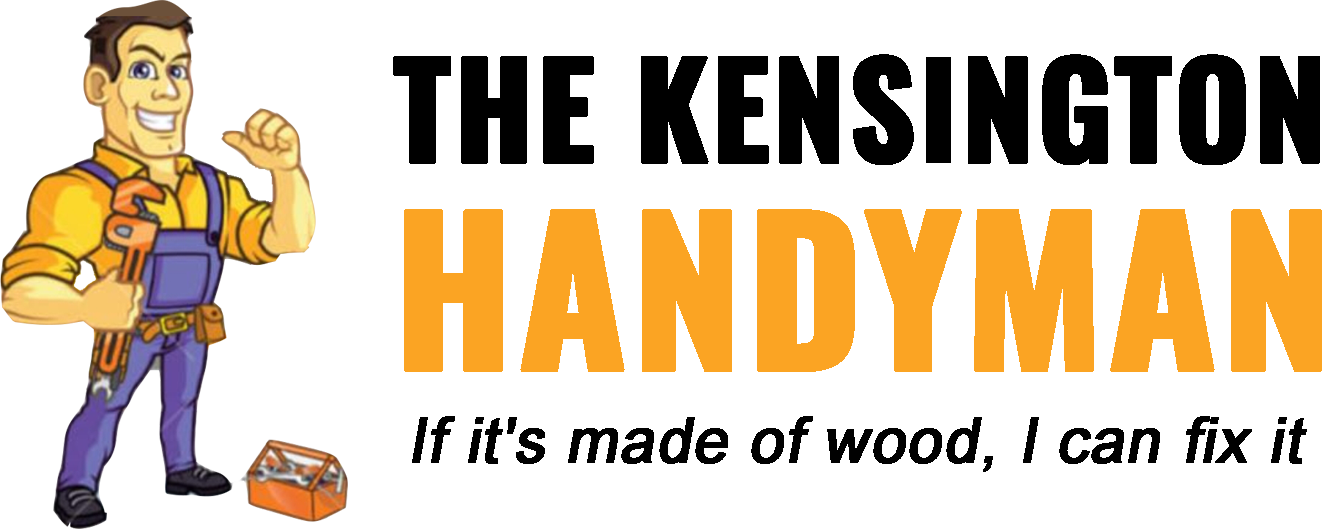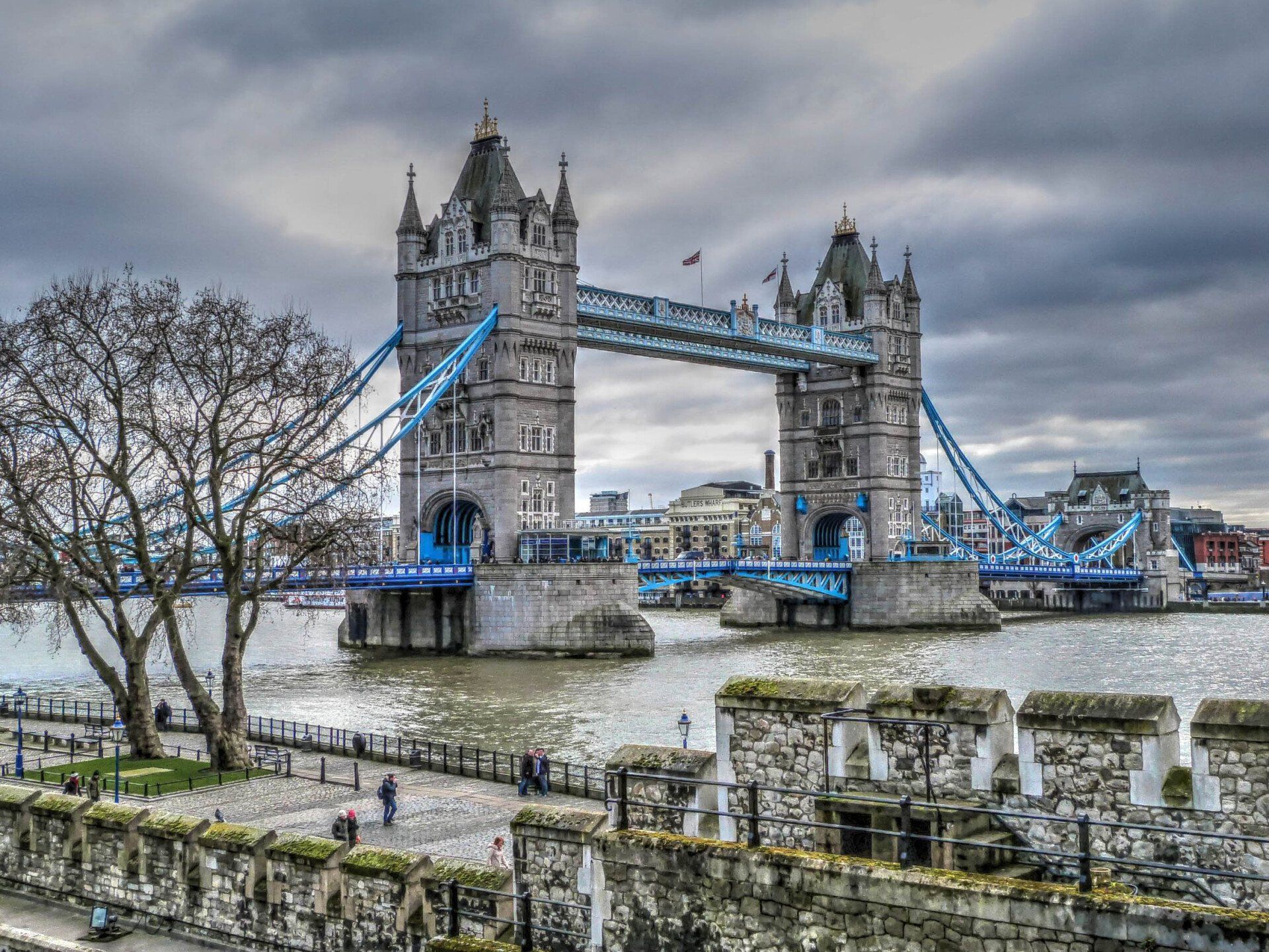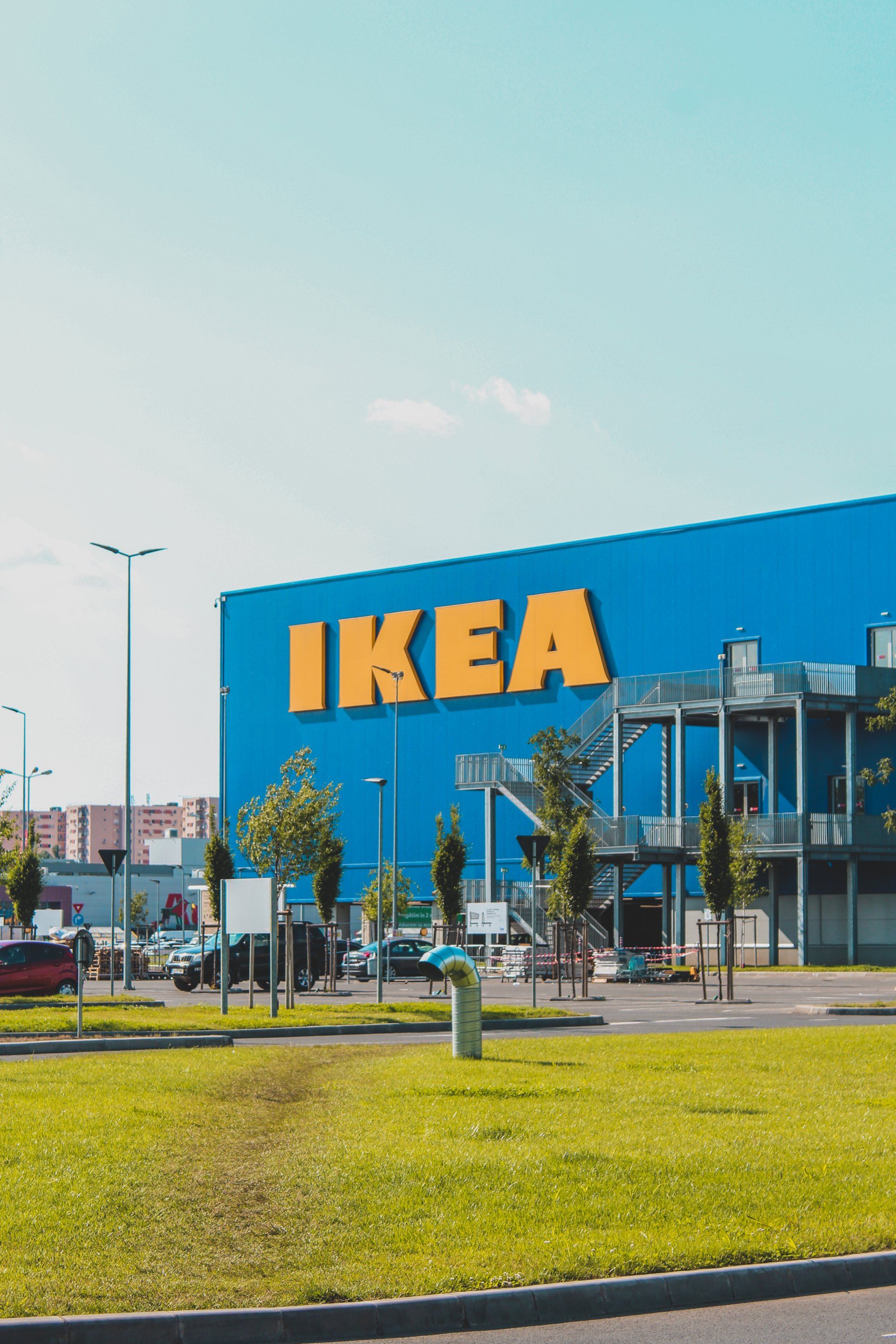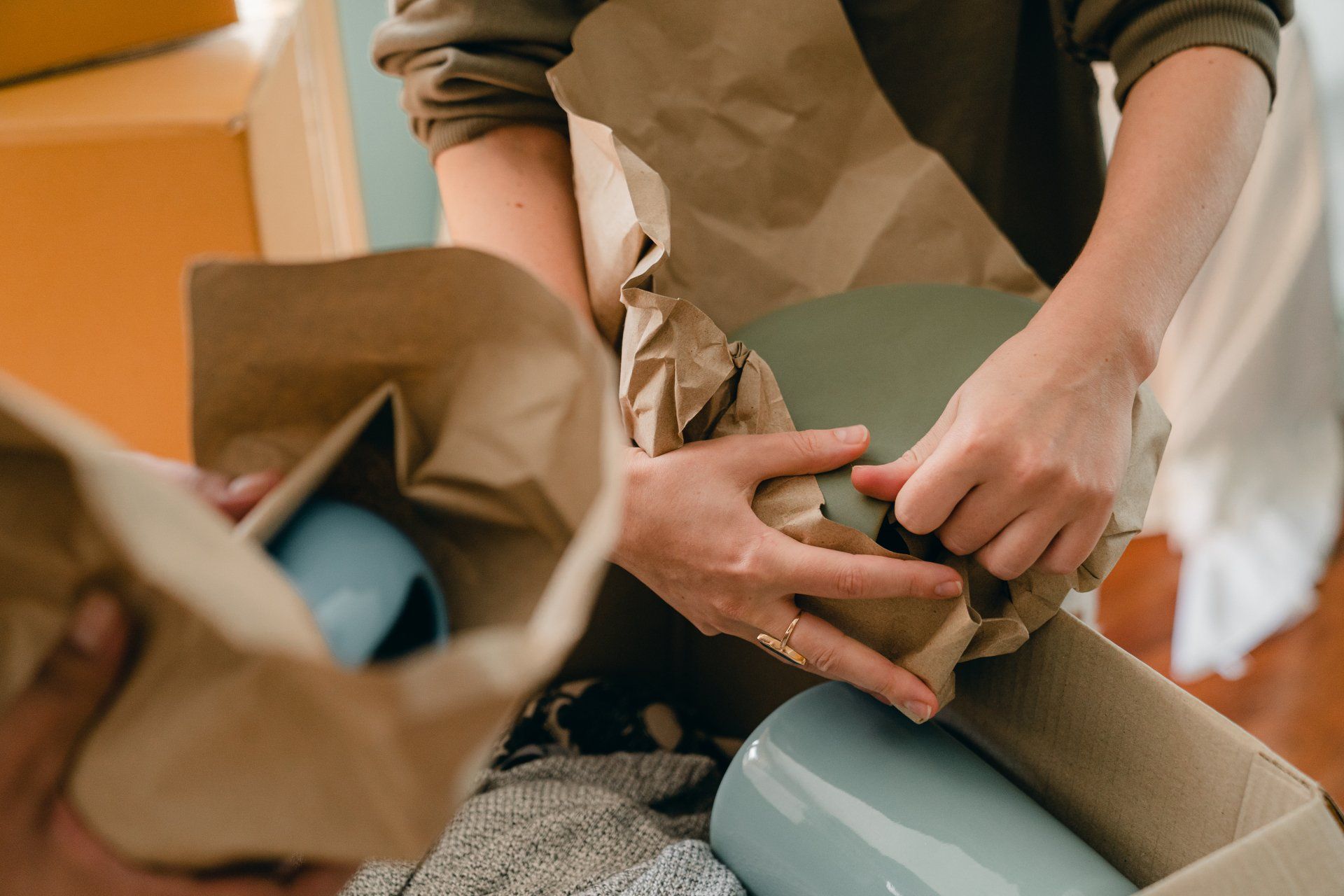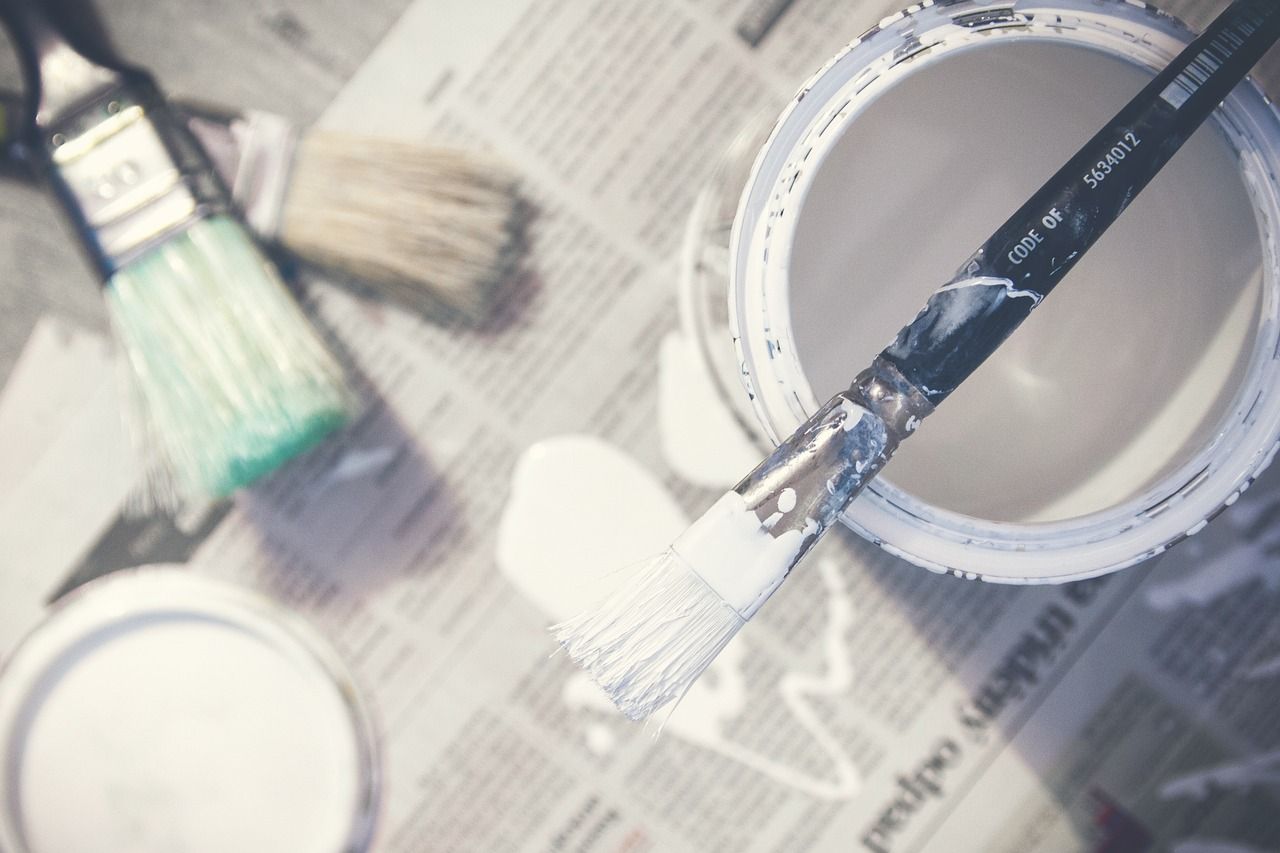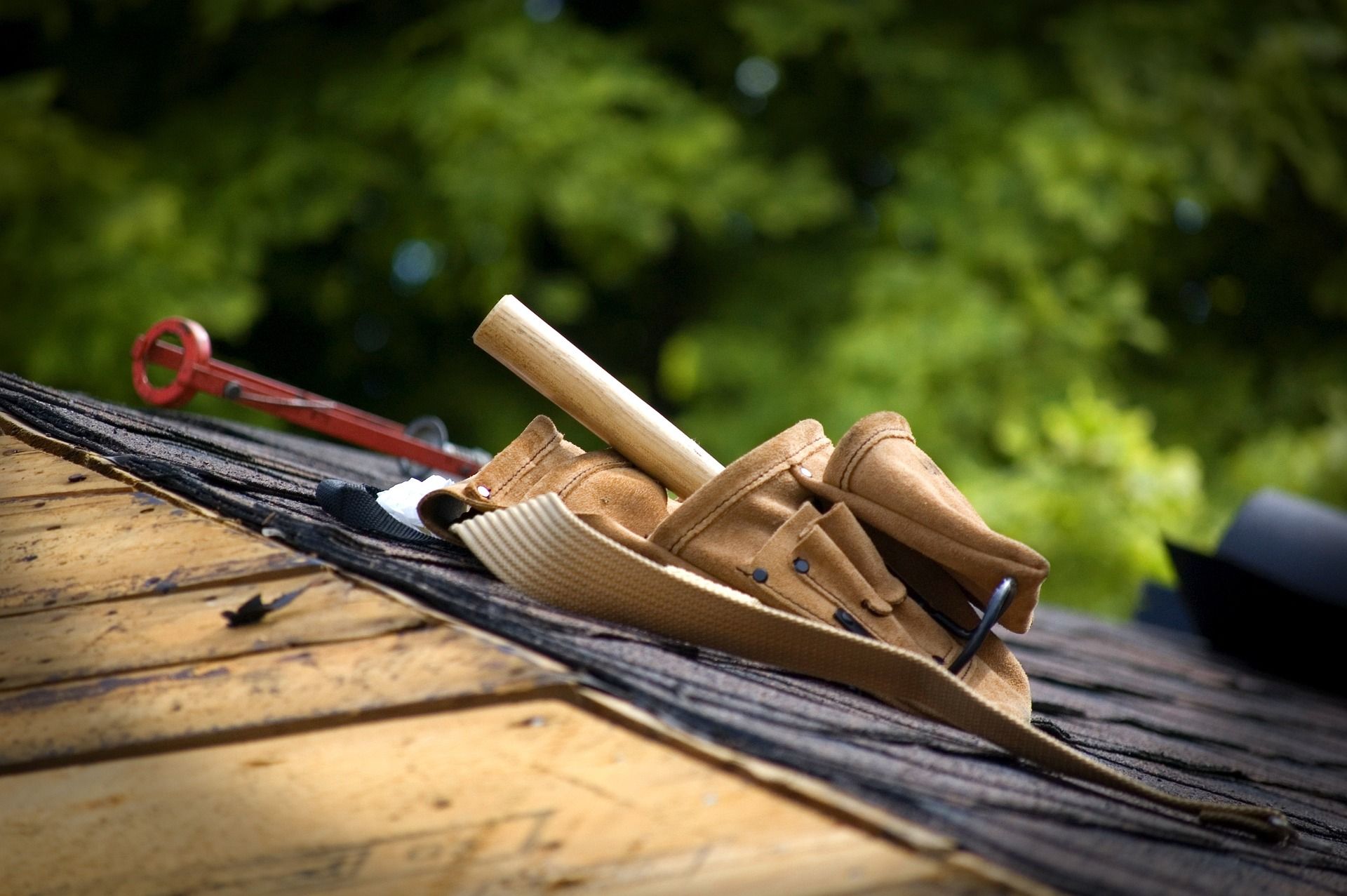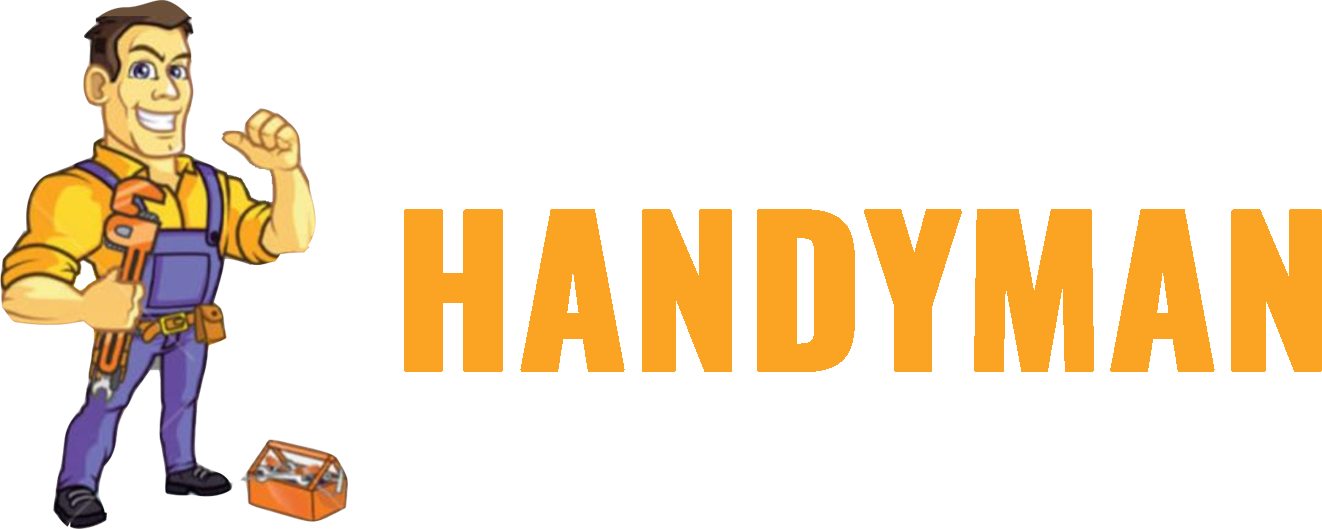Pressure Washing: London Handyman Services
What is Pressure Washing?
Pressure washing, also known as power washing, is a process in which high-pressure water is used to remove dirt, grime, and other contaminants from surfaces. It can be an effective way to clean a variety of surfaces, including buildings, decks, patios, sidewalks, and driveways.
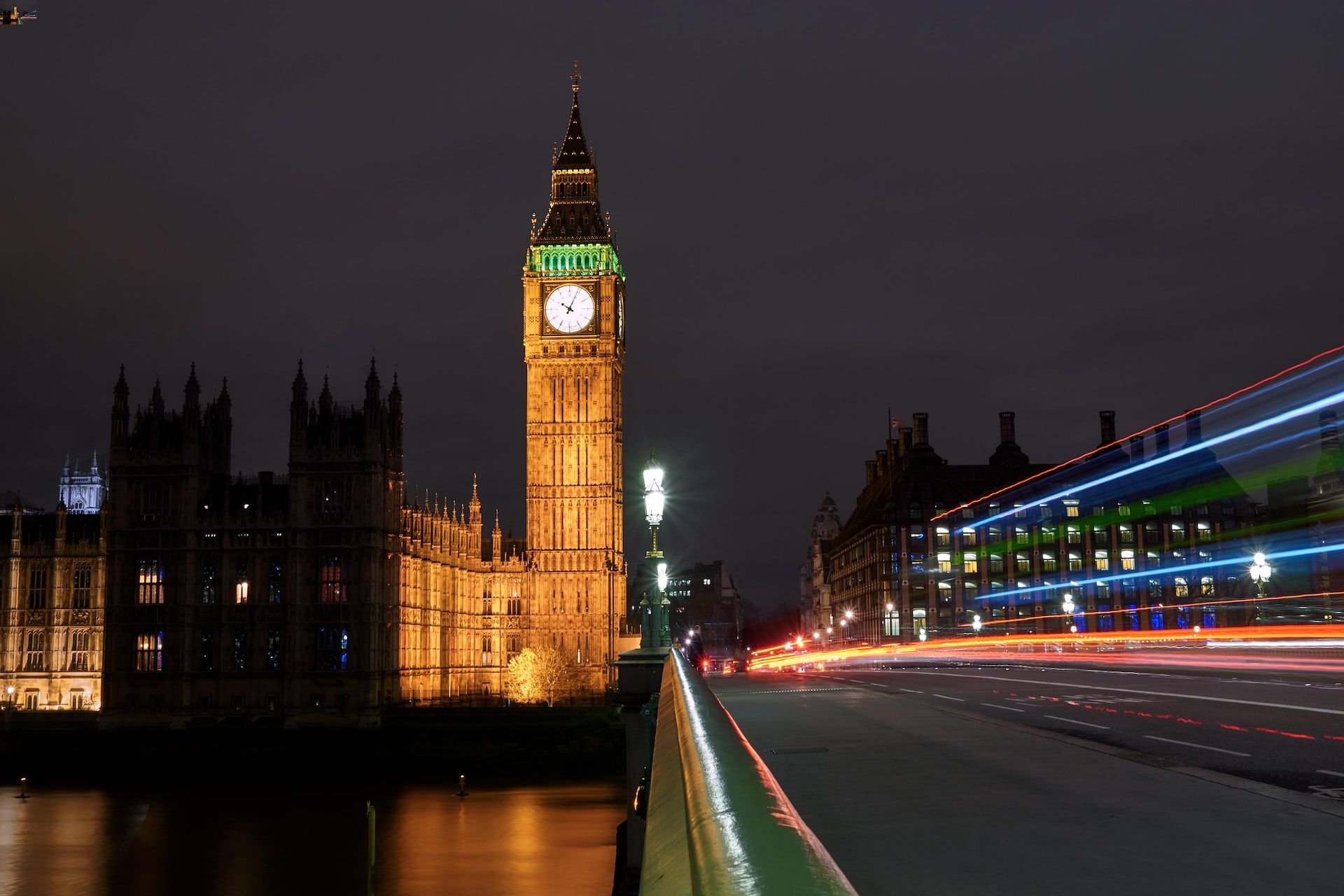
What To Consider if You Are Looking for a Handyman in London?
If you're looking for a handyman in London who provides pressure washing services, there are a few options you can consider:
- Check online directories or local business listings for handymen in the London area who offer pressure washing services. You may be able to find reviews and ratings from previous customers, which can help you determine the quality of the handyman's work.
- Ask friends, family, or neighbors if they have any recommendations for a reliable handyman in London who provides pressure washing services. Personal recommendations can be a good way to find a trustworthy and skilled handyman.
- Contact a local home improvement or handyman service. Many companies offer pressure washing services as part of their overall home improvement services. You may be able to get a competitive rate and peace of mind knowing that the company is reputable and has insurance coverage.
It's always a good idea to get quotes from multiple handymen or companies before making a decision, and to ask for references or examples of previous work. This will help you find the best option for your needs and budget.
How Do Jet Washing Handyman Do Their Job to Your House Without Damaging It?
There are a few key steps you can take to pressure wash your house without damaging it:
- Start with a low pressure setting and work your way up. This will allow you to test the pressure and see how the surface responds. If you start with a high pressure setting, you may cause damage to the surface.
- Use a wide spray nozzle. A wide spray nozzle will disperse the water pressure over a larger area, reducing the risk of damage.
- Hold the pressure washer at a 45-degree angle to the surface. This will help to avoid causing damage to the surface, such as stripping paint or etching wood.
- Keep the pressure washer moving. Don't hold it in one spot for too long, as this can cause damage to the surface.
- Use a detergent specifically designed for pressure washing. Some detergents can strip paint or damage certain surfaces, so it's important to choose a product that is safe for the material you are cleaning.
- Avoid using a pressure washer on fragile surfaces, such as wood shingles or older, brittle bricks. If you are not sure whether a surface can withstand pressure washing, it's best to err on the side of caution and avoid using the pressure washer on that surface.
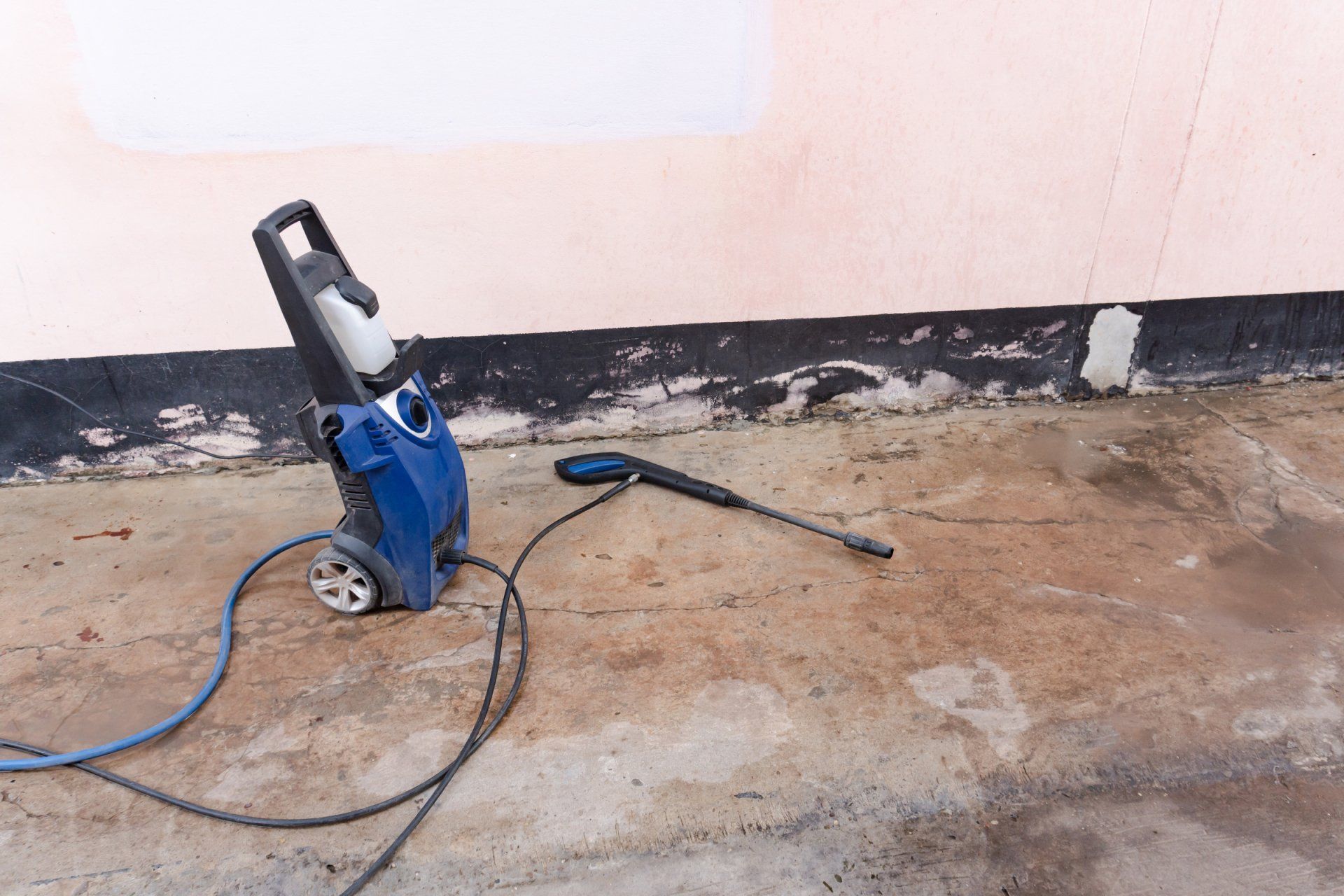
How Is Power Washing Different From Pressure Washing?
The terms power washing and pressure washing are frequently used interchangeably, however they refer to two distinct techniques for cleaning surfaces with high-pressure water. Here are the main differences between power washing and pressure washing:
- Power washing uses hot water and is typically used to remove tough stains and grime from surfaces such as driveways, sidewalks, and decks. The high temperature of the water helps to loosen and remove tough dirt and stains.
- Pressure washing uses cold water and is typically used to remove dirt, dust, and other contaminants from surfaces such as buildings, siding, and roofs. The high pressure of the water is effective at removing these types of contaminants, but it may not be as effective at removing tough stains as power washing.
The main difference between power washing and pressure washing is the temperature of the water and the types of surfaces and contaminants they are best suited for. Power washing is generally better for tougher stains and grime, while pressure washing is more effective at removing dirt and dust from a variety of surfaces.
Why Do You Need a Jet Washing London Handyman?
There are several reasons why you may want to consider pressure washing your home or other surfaces:
- Improve the appearance: Pressure washing can help to remove dirt, grime, and other contaminants that can build up on surfaces over time. This can help to improve the overall appearance of your home or other surfaces, making them look cleaner and more attractive.
- Protect your investment: Regular pressure washing can help to prolong the life of your home or other surfaces by removing contaminants that can cause damage. For example, algae and mold can grow on surfaces and can cause decay or discoloration if left unchecked. By removing these contaminants regularly, you can help to protect your investment and maintain the value of your home or other surfaces.
- Enhance safety: Pressure washing can help to improve the safety of your home or other surfaces by removing slippery or hazardous substances that can cause accidents. For example, pressure washing a deck or patio can help to remove algae or mold that can make the surface slippery and dangerous to walk on.
- Save money: Regular pressure washing can help to extend the life of your home or other surfaces, which can save you money in the long run. By maintaining the condition of your surfaces, you may be able to avoid costly repairs or replacements down the line.
Pressure washing can help to improve the appearance, safety, and value of your home or other surfaces, and can help to save you money in the long run.
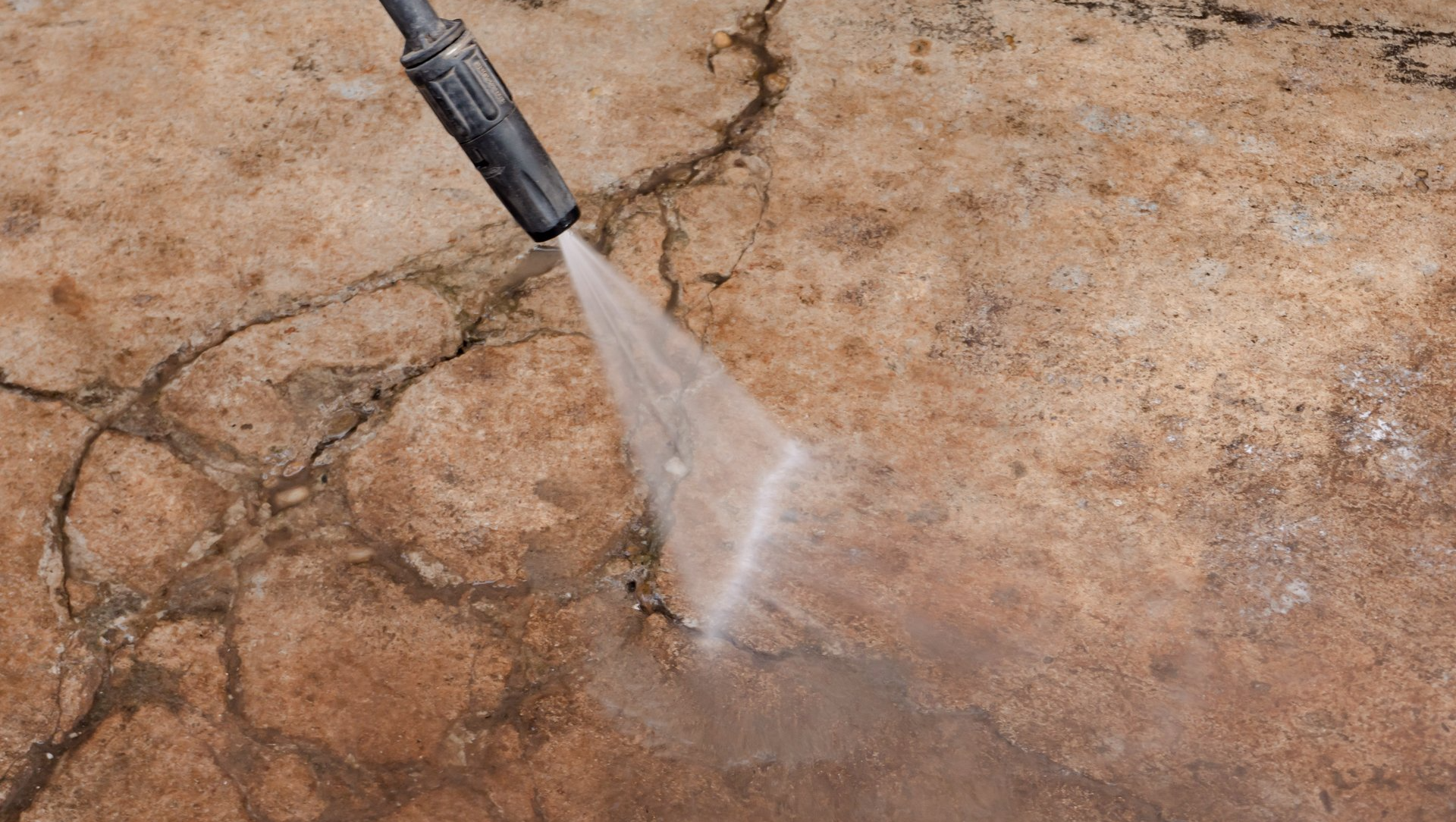
What Are the Types of Pressure Washers
There are several types of pressure washers available on the market, and the best one for you will depend on your needs and preferences. Here are some of the main types of pressure washers:
- Electric pressure washers: These are small, lightweight, and portable, making them a good option for homeowners who need to clean small areas or do occasional cleaning tasks. They are typically quieter and more environmentally friendly than gas-powered pressure washers.
- Gas-powered pressure washers: These are larger, more powerful, and more expensive than electric pressure washers. They are a good option for heavy-duty cleaning tasks and for people who need to clean larger areas. They are typically more powerful than electric pressure washers, but they are also louder and produce emissions.
- Hot water pressure washers: These use hot water (up to 250 degrees Fahrenheit) to clean surfaces and are typically more effective at removing tough stains and grime. They are a good option for commercial and industrial cleaning tasks, but they are more expensive and require more maintenance than cold water pressure washers.
- Cold water pressure washers: These use cold water to clean surfaces and are typically used for lighter cleaning tasks, such as removing dust and dirt from surfaces. They are a good option for homeowners who need to do occasional cleaning tasks.
The type of pressure washer you choose will depend on your specific needs and preferences. Consider factors such as the size and type of surfaces you need to clean, your budget, and whether you need a portable or stationary machine.
How To Start a Pressure Washing Business in London the Right Way
Starting a pressure washing business in London can be a rewarding and profitable venture, but it requires careful planning and attention to detail. Here are some steps you can take to start your pressure washing business the right way:
- Research the market: It's important to understand the demand for pressure washing services in your area and what other companies are offering. Look at local directories, online reviews, and other sources to get a sense of the competition and what customers are looking for.
- Create a business plan: A business plan will help you to map out the steps you need to take to start your business and achieve your goals. It should include details such as your target market, marketing strategies, financial projections, and operating plan.
- Obtain necessary licenses and insurance: Before you can start operating your pressure washing business, you will need to obtain any necessary licenses and insurance. This may include a business license, liability insurance, and workers' compensation insurance, depending on your location and the type of work you will be doing.
- Purchase equipment and supplies: You will need to purchase or rent the necessary equipment and supplies for your business, such as pressure washers, hoses, nozzles, and cleaning chemicals. Make sure to research and compare different options to find the best deals.
- Promote your business: Once you are ready to start taking on clients, it's important to promote your business to potential customers. This can include creating a website, advertising in local directories, and networking with other businesses to build partnerships.
By following these steps, you can set your pressure washing business up for success and start building a strong customer base. It's also a good idea to seek advice from experienced professionals or business resources in your area to help you navigate the process of starting a business.
West London's best Handyman services
Reliable all round services including
Curtains Fitting And Installation
useful links

We are helping to save the rainforest,
one acre at a time
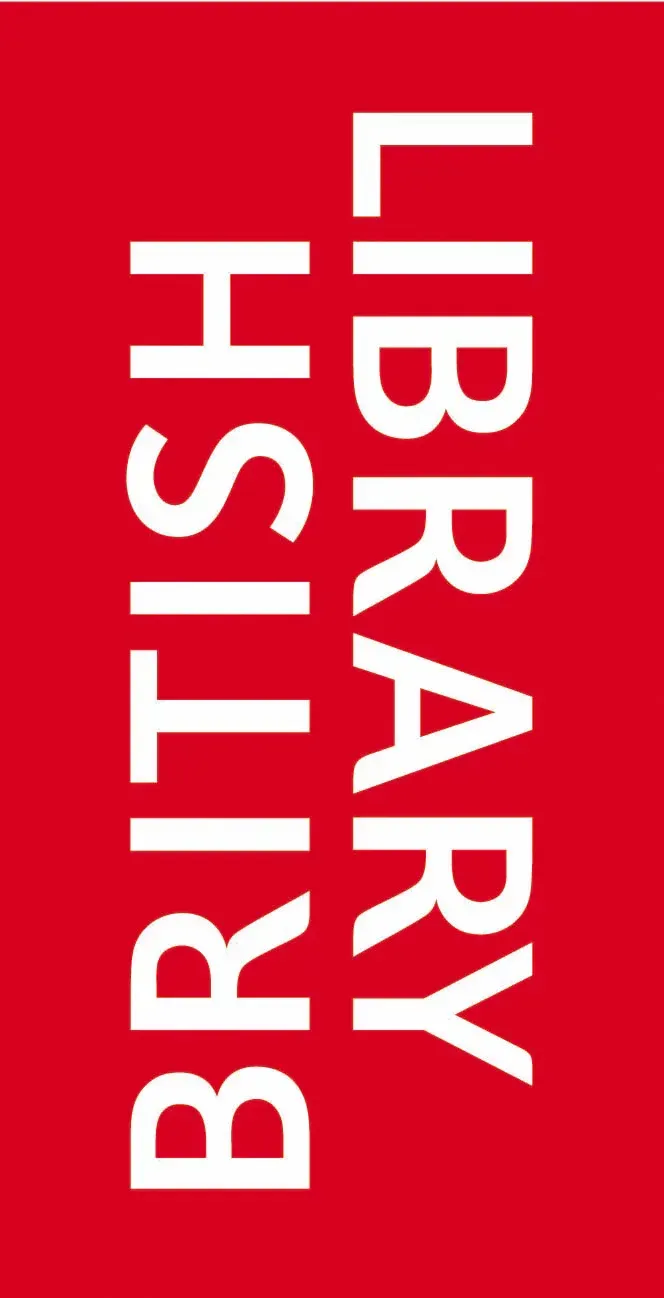
Mentoring businesses with the British Library
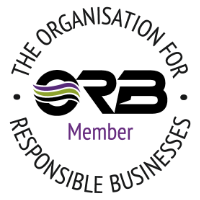
Helping create an ethical world

Insured by Simply Business
